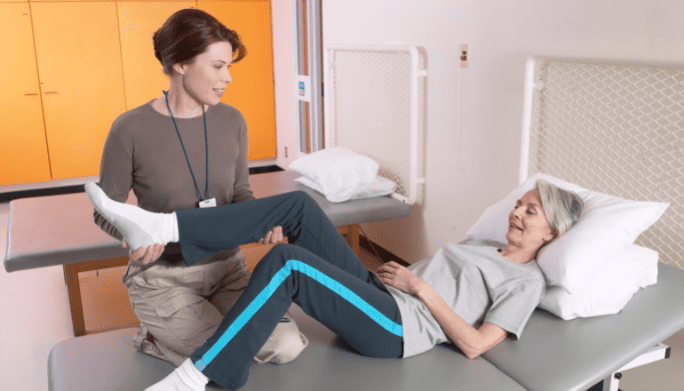How physical therapy helps mental health
Using physical therapy for mental health can be very beneficial. It can help people to cope with the symptoms of depression, anxiety and other mental health problems. Physical therapy can also help patients deal with chronic pain, without the risks of opioids. For all the treatments we offer, visit our home site. Here are 5 ways physical therapy helps mental health in our area.
Exercise
Performing exercise has been shown to have a positive impact on mental health. This can include improving mood and confidence as well as decreasing the risk of developing mental illness.
The optimum amount of exercise for a given individual is a matter of personal preference. Physical therapists can tailor an exercise routine to your specific needs. They will also provide information and encouragement to ensure you get the most from your exercise routine.
For those interested in learning about physical therapy, there are many educational resources available. One resource is the American Physical Therapy Association (APTA), which has developed a series of education courses. This includes an overview of physical therapy, its benefits, and the steps you can take to maximize your recovery.
The National Institutes of Health recently released a study on the mind-body connection. The study found that there are many networks that link the brain and the body. Exercise is one of the many ways your brain and body communicate. Physical Therapy can help! Learn more about our specializing in telehealth physical therapy treatment options and corrective exercise solutions.
Body language
Having a good grasp of body language is important for any therapist. It can help you understand a client’s emotions and reactions to therapy topics. It can also be a valuable teaching aid.
The first thing to know about body language is that it is not one-dimensional. It can be a complex and nuanced skill, so practice and a bit of patience are necessary.
Another thing to note is that different individuals will interpret body language cues in different ways. Some gestures convey negative emotions while others convey positive ones.
A clenched fist, for instance, may be a sign of fear while crossing one’s arms may be a sign of defensiveness. A smile is also a sign of confidence.
The best way to understand body language is to study the context. This is because the interpretation of different body language cues will vary based on the person’s culture and level of development.
Somatic awareness
Increasing somatic awareness can help you reduce stress and improve your mental health. Stress can affect your physical body, as well as your emotional health.
Stress can cause digestive problems, hormonal issues, and high blood pressure. It can also weaken your immune system. Stress can occur from traumatic experiences, such as a natural disaster, an accident, or war.
Somatic therapy is a form of therapy that focuses on the physical responses to trauma. By releasing the physical symptoms, you can learn how to regulate your body and manage your emotions. It can also help you process your emotions and release traumatic experiences.
When you first arrive for therapy, you will probably not be processing the traumatic event. Your first sessions will be spent gathering information. Your therapist will want to develop a treatment plan with you. Your first sessions will also likely involve building a connection.
Psychosocial-related approach in our area
Physiotherapy for mental health is a specialized therapy that focuses on the physical and mental health aspects of an individual’s life. It is an approach that uses physical therapy methods to improve the functioning of the mind and body, as well as the social environment of the individual.
It is a multi-disciplinary approach that integrates psychomotor physiotherapy, motor skills training, cognitive skills training and sensory awareness. The treatment uses these techniques to help patients with severe mental health problems improve their mental and physical functioning.
It is also important to note that physiotherapy for mental health is not a replacement for medical treatment. Psychosocial intervention is used for people who suffer from mental disorders such as anxiety, depression, or antisocial behavior. It is also used to help patients cope with negative thoughts.
Management of pain without the risks of opioids
Having a physical therapist involved in your pain management plan will help you achieve better movement and reduce your risk of surgery. Many chronic diseases require physical therapy as part of their treatment, and physical therapy can help improve your mental health by minimizing the risks of opioids.
Opioids are synthetic chemicals that block pain messages from the body to the brain. They can be administered in various forms, such as pills, injections, or skin patches. These medications are highly addictive. They can be very dangerous and can be abused by people who are predisposed to alcohol and drug abuse. They can also cause withdrawal symptoms when the person stops using the medication.
Opioids for pain are a complex issue. The medical community continues to debate whether or not there is a role for opioids in addressing chronic pain. There is also uncertainty about the etiology of addiction.
Don’t wait to get the treatment you need. Our team of board certified specialists in our area will guide you through the treatment process. Contact us today!



